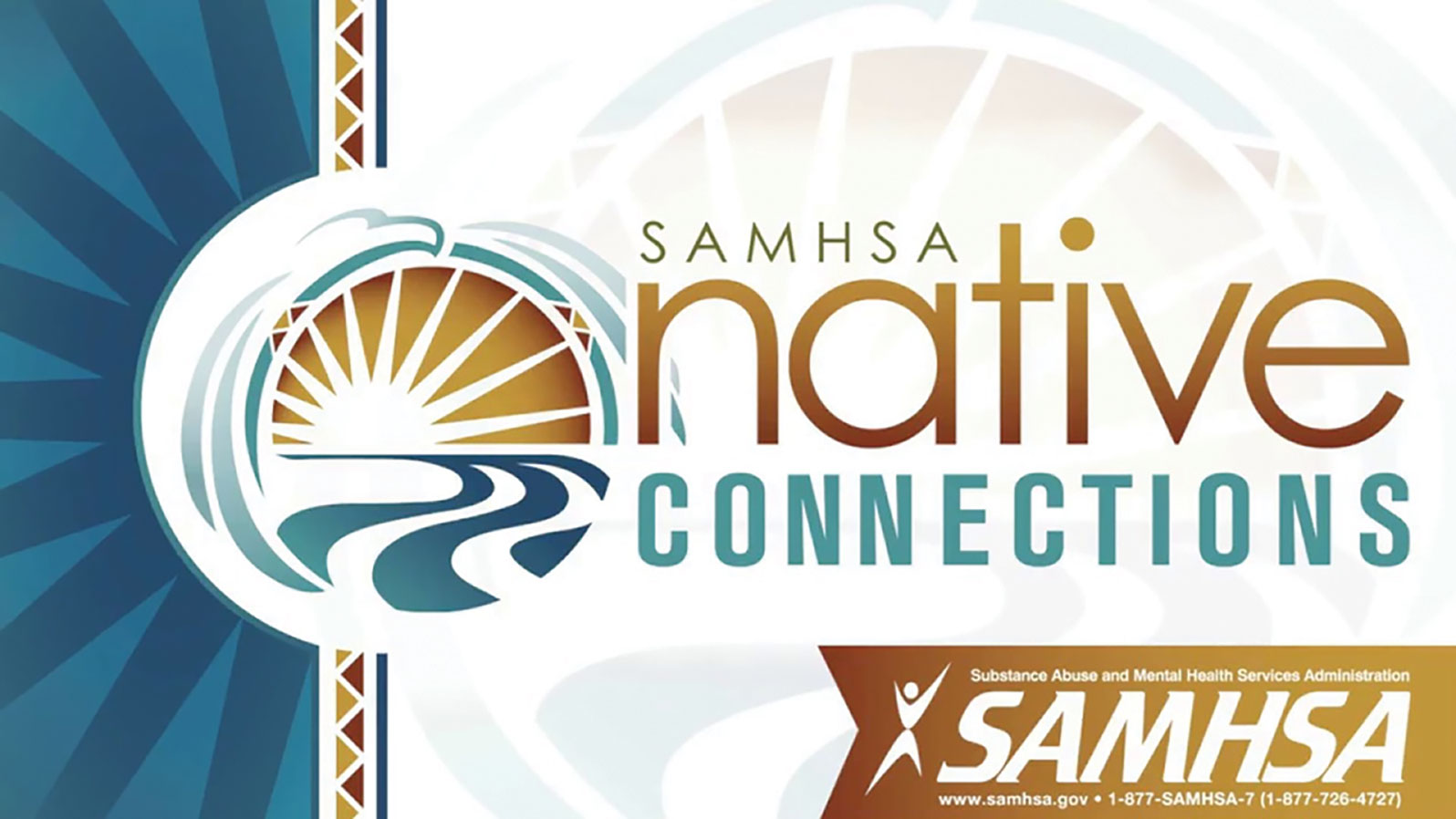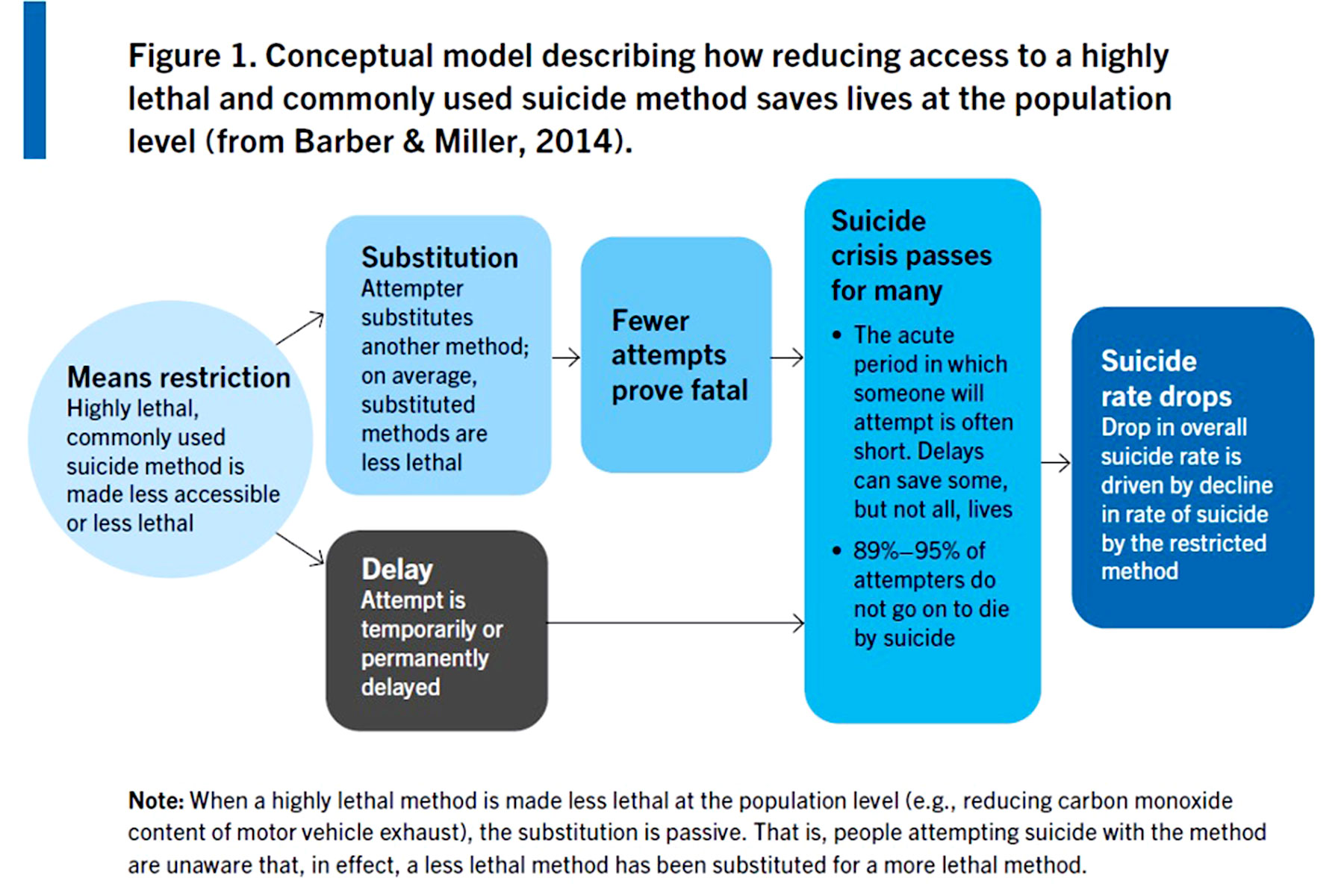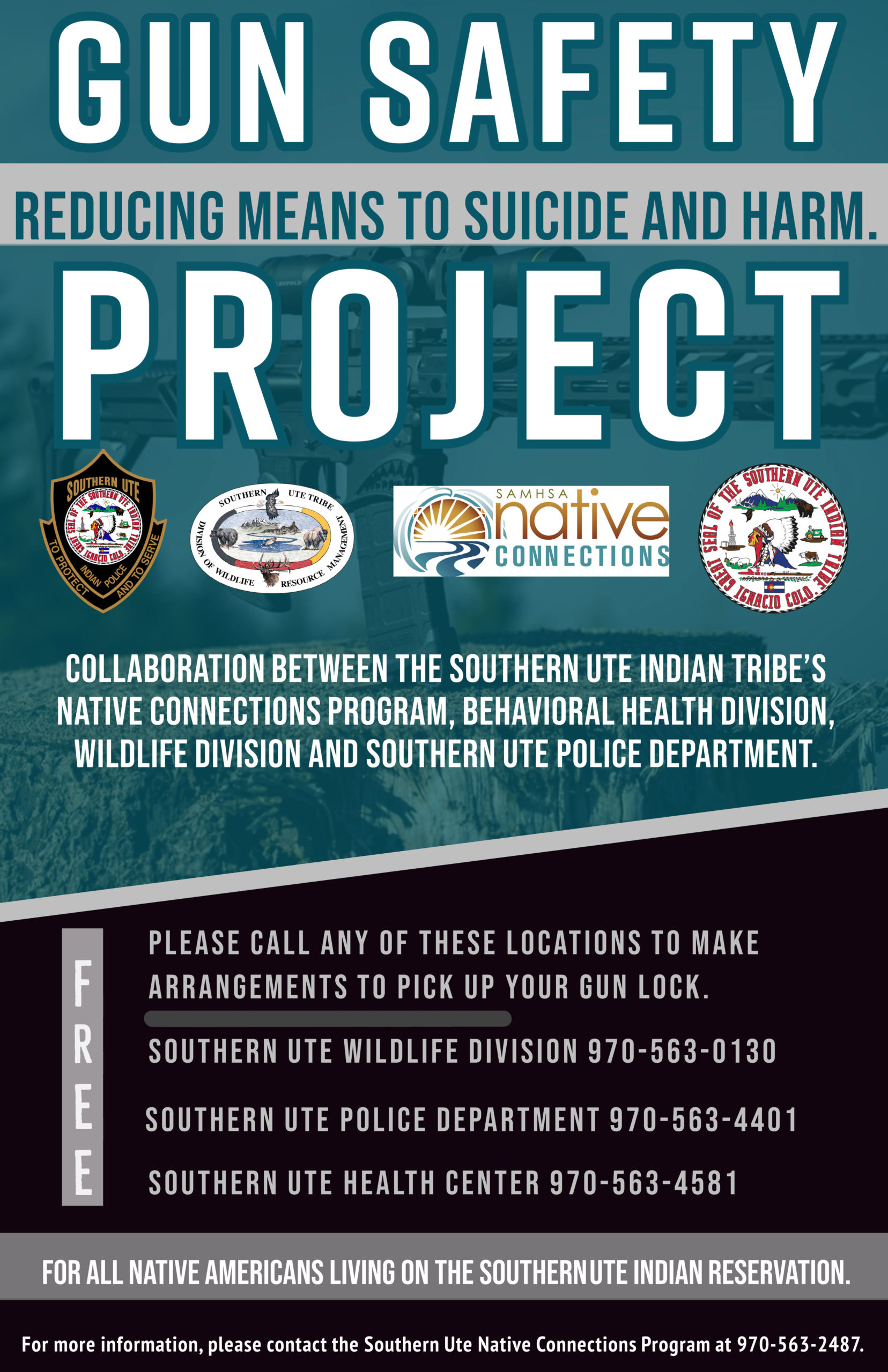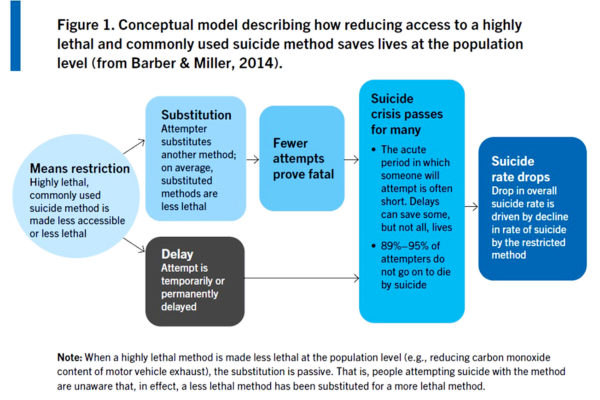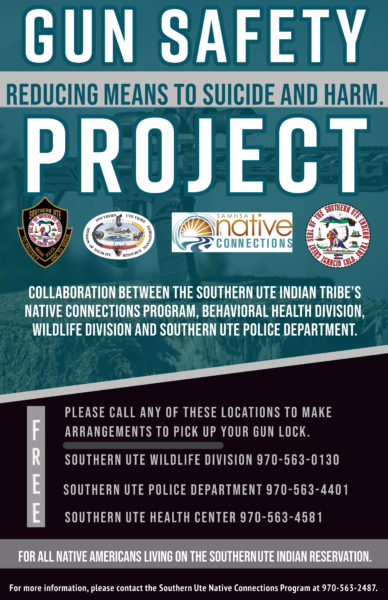Gun Lock Safety Project
What does “reducing means to suicide and harm” mean? First off, knowledge is power, and prevention is key to saving lives. We understand that some of the contents of this article might make the reader feel uneasy and might even trigger past traumas and experiences. We encourage you to please reach out to someone to talk about how you feel. Your mental health and safety are important to us.
Across the country and in our Native American communities, most or all of us have been affected in some way by suicide – in the news, in our families or communities. Death by suicide isn’t new to our country, although we have seen an increase these past few years. There has also been research, studies, and programs developed to help prevent and understand why people die by suicide. One thing is for sure: all suicides have one thing in common and that one thing is the lethal means to harm oneself.
Reducing means to suicide and harm includes reducing access to lethal objects or instruments, including firearms, medication, and sharp objects.
Studies have shown that reducing means to lethal objects, instruments or areas (for example, unattended bridges and bodies of water) can save lives. According to the Lethal Means & Suicide Prevention: A Guide for Community & Industry Leaders 2020 report developed by the Action Alliance, there is relatively strong evidence that reducing access to, or the toxicity of, a commonly used and highly lethal means is associated with reductions in the overall suicide rate. When people’s access to a highly lethal means that they would use is blocked, it creates two pathways by which lives are saved (see Figure 1): they may attempt with a method less likely to prove fatal and thus live, or they may not attempt at all.
What are the lethal means?
Many studies and data collection have been performed to determine what means were used by people who died by suicide and attempted suicide. According to the Action Alliance’s 2020 report, in 2018, 48,344 people died by suicide in the United States, making it the nation’s 10th leading cause of death and equating to about one suicide death every 11.1 minutes (CDC, 2020; CDC, 2017). In addition to those lives lost to suicide, 1.4 million adults attempted suicide, and 10.7 million adults had serious thoughts of suicide in 2017 (SAMHSA, 2019).
They also find that 50.5% of suicide deaths in 2018 were by firearms, 28.6% by suffocation, 12.9% by poisoning, 2.4% by jumps, 1.9% by cutting/piercing, 1% by drowning, and 2.6% by other. Males have a higher percentage of suicide by firearms (55.9%) than do females (31.5%).
When we reduce the means, we create time and space to get the person to professional help and save a life. Therefore, it is so important to understand what the signs and symptoms are for a person who might be experiencing a crisis or suicidal ideations.
Let’s start talking.
Although talking about suicide and mental health might be taboo in some Native American communities, talking about it is not helping. Many tribal communities are now opening-up about their traumatic experiences and mental health difficulties. They are finding that opening-up and talking to someone about how they are feeling and exploring why they feel the way they do is really helping them understand the impact things have had in their lives.
Myth buster: Starting the conversation about suicide with our families, friends, or even strangers does not mean we are putting suicidal thoughts into their heads. If anything, showing that you are open to talk about suicide and being a good listener has been shown to be a key suicide prevention strategy.
FREE 15” Gun Locks Available
The Southern Ute Native Connections Program teamed up with the Southern Ute Police Department and the Southern Ute Wildlife Division to help reduce lethal means to suicide and harm. We are offering FREE gun locks to all Native Americans living on the Southern Ute Reservation.
Gun locks are not only a great way to protect against accidental injury and death but also help to prevent suicide.
Please call the Southern Ute Tribal Health Center 970-563-4581 or the Southern Ute Police Department 970-562-4401 or the Southern Ute Wildlife Division 970-563-0130 to pick up a gun lock.
Please reach out to talk to someone if you or someone you know is struggling with anxiety, depression, loss in life (family, friends, pet, job, etc.), ability to cope, substance use, or experiencing a mental health crisis.
If you have any questions or need to schedule an appointment, please contact the Southern Ute Health Center at 970-563-4581. We are seeing people via telehealth for the protection of our staff and community members. In case of after-hours or weekend emergency, you can contact the 24/7 Axis Health System Crisis Team at 970-247-5245.
Suicide Prevention: Steps to Remember
Question, Persuade, Refer (QPR)
- QUESTION: Ask them “Are you thinking about killing yourself?” Don’t say “do you want to hurt yourself?”.
- PERSUADE: Persuade the person to allow you to help them find help. Ask them “Will you let me assist you to get help?” You can also ask them to promise you they won’t kill themselves while you arrange for help. If persuasion doesn’t work, call the police immediately.
- REFER: Refer the person to appropriate resources for help. Assist them in making arrangements for help and getting them to agree to follow through with help. Stay on the line with them if you are transferring them to 911 or other services.
To learn more about the Question, Persuade, Refer (QPR) suicide prevention method, please sign up for a FREE online training by contacting Precious Collins at 970-306-8131 or email prcollins@southernute-nsn.gov. Let’s all learn the warning signs and what to do if someone is experiencing a crisis.
Want to help and be a part of the change?
Looking for community members and youth to join the Prevention Coalition tasked to reduce youth substance usage, eliminate mental health stigma, and start the discussion around suicide and prevention.
Upcoming Prevention Coalition Meeting – Coalition meetings are postponed until further notice.
Contact Precious Collins, Native Connections Program Coordinator for more information 970-563-2487.
Upcoming Community Events:
Native Connections is planning something special for the holidays coming up. Please keep an eye out for announcements via the Southern Ute Facebook page and emails.
LOCAL RESOURCES
- 24/7 Axis Crisis Line: Southwest Colorado 970-247-5245 or text 741741.
- Southern Ute Health Center – Behavior Health: 69 Capote Dr., Ignacio, CO 970-563-4581. For local Native Americans, call to schedule a counseling appointment.
- Southern Ute Division of Social Services: 116 Capote Drive, Ignacio, CO 970-563-2331 for local Native Americans needing assistance with child welfare needs and family support.
- St. Ignatius Catholic Church: Pastor Cesar Arras, 14826 CO-172, Ignacio, CO 970-563-4241.
- Ignacio Community Church: Pastor Randall Haynes 405 Browning Ave, Ignacio, CO (currently located inside ELHI) 970-759-3633
- Second Wind Fund of the Four Corners: Believes that every child and youth at risk of suicide should have access to the mental health treatment they need. We match children and youth at risk for suicide with licensed therapists in their communities, 720-962-0706.
- Women’s Resource Center:
Creates personal, social, and professional growth opportunities for all women in La Plata County, 970-247-1242.
24/7 STATE OR NATIONAL RESOURCES
- Colorado Crisis Line:
844-493-8255 or Text “TALK” to 38255. You’ll immediately be put in contact with a trained counselor, ready to text with you about anything. - The National Suicide Prevention Lifeline:
Has both an online chat and a 24/7 phone line at 1-800-273-8255 if you are thinking of suicide or need help for a loved one. - The Trevor Project:
Seeks to serve LGBT youth, has a 24/7 suicide prevention line at 866-488-7386. - We R Native movement: Join by liking them on Facebook (www.facebook.com/weRnative) , signing up for the text messaging service (text NATIVE to 24587).

